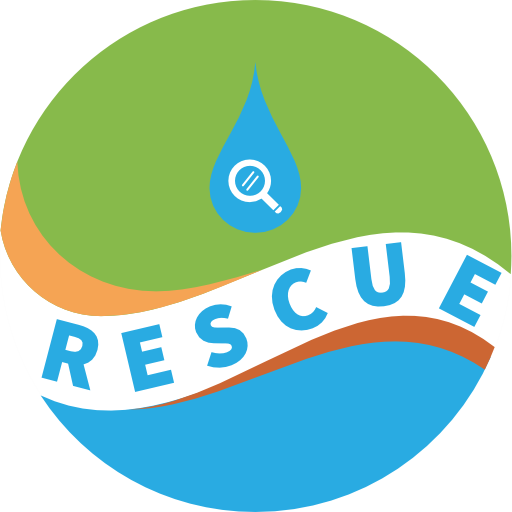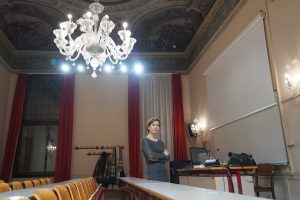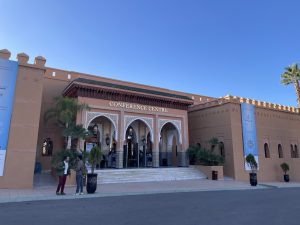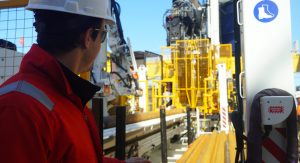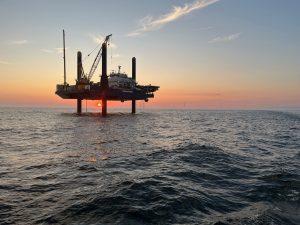The European Consortium for Ocean Research Drilling (ECORD) is the operator of a new scientific drilling initiative, Expedition 501 New England Shelf Hydrogeology, which will be launched on 1 May and last until mid-August this year, off the New England coast in the United States.
ECORD is core-member and management structure of 15 countries (14 European countries and Canada) of the International Ocean and Drilling Programme (IODP3). The IODP3 is an international marine research collaboration that explores Earth’s history and dynamics using ocean-going research platforms to recover data recorded in seafloor sediments and rocks and to monitor subseafloor environments.
The expedition is jointly funded by IODP3and the National Science Foundation (NSF), and will seek to provide data for understanding the processes driving emplacement of freshwater lenses in offshore New England and elsewhere globally given that the northeast coast of the United States is perhaps the best understood example of an offshore freshwater system, and multiple studies have been undertaken to determine the origin and volume of offshore freshwater.
Below: Expedition 501 map
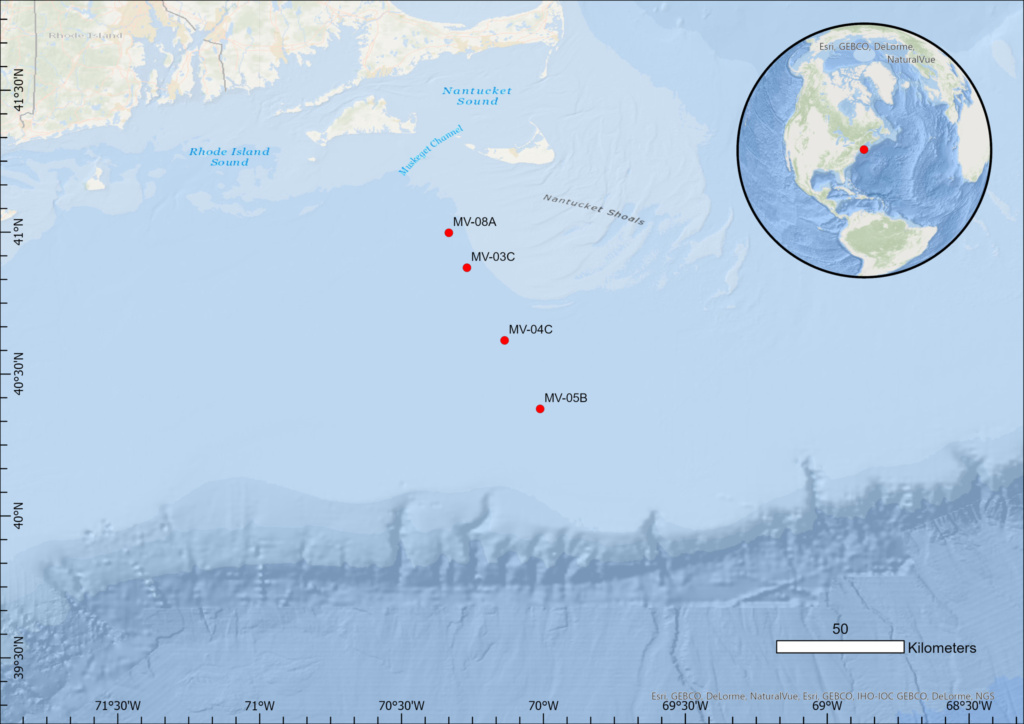
Coastal hydrological systems provide significant freshwater to coastal communities around the world, and the offshore component of these systems is poorly understood. While volumetrically significant, onshore-offshore freshened water is also susceptible to contamination due to rising sea level. Therefore, the expedition will involve coring and sampling the subseafloor offshore Massachusetts, USA, that will hopefully lead to a better understanding of this worldwide hydrogeological phenomenon. The potential data to be gathered from this expedition could prove essential for the protection and sustainable management of offshore freshwater systems and for better understanding biogeochemical and elemental cycling in continental shelf environments.
Below: info webinar of the expedition
Download the Expedition 501 Scientific Prospectus HERE
Want to know more about Expedition 501? Download the FAQ HERE
The three year-long Project RESources in Coastal groundwater Under hydroclimatic Extremes (RESCUE), which began in March 2024 and ends in 2027, aims to build knowledge on offshore and deep onshore low salinity aquifers in European coastal areas, to evaluate novel freshwater resources, and help secure a steady supply of water to both population and industry, in times of hydroclimatic extremes. In this context, RESCUE also aims to promote and highlight other opportunities and projects focusing on onshore and offshore freshwater systems.
Led by the University of Trieste (UNITS), and with a consortium that includes the National Institute of Oceanography and Applied Geophysics – OGS, Ruden AS, University of Derby (UoD) and University of Malta (UM), RESCUE’s objective is to help establish the foundations for the evaluation of new resources for local and regional policy makers, while the global applicability of the outputs will allow upscaling to Europe-wide or other large areas worldwide, where water is needed.
